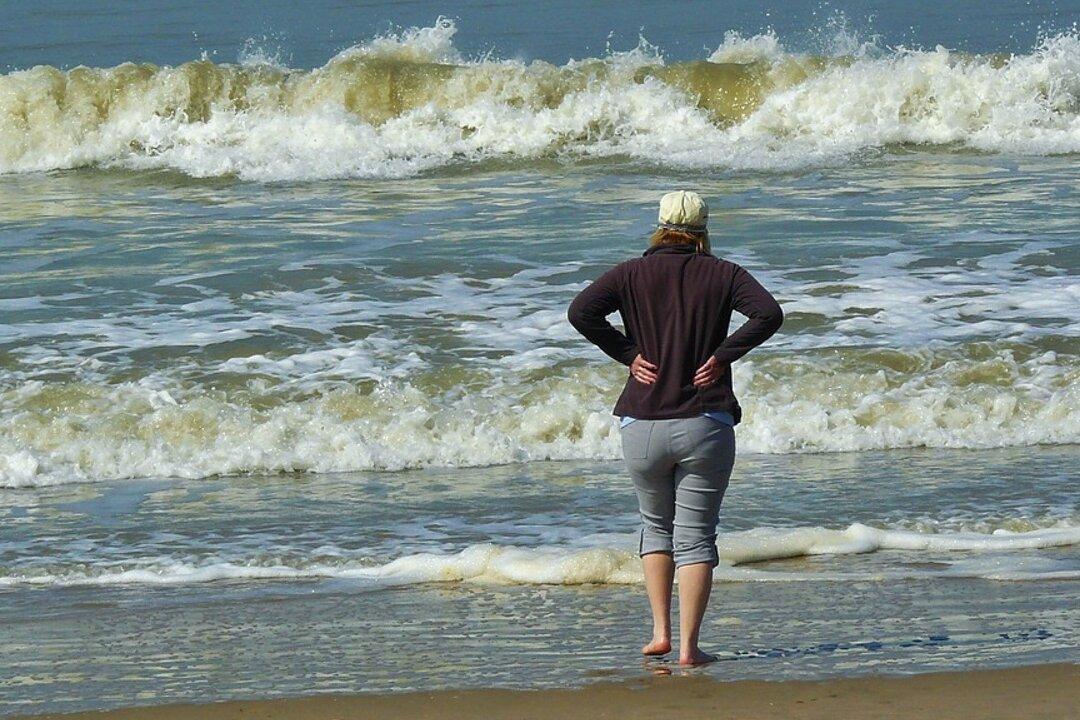A Florida Panhandle woman said her father died after swimming in the Gulf of Mexico from complications following infection with flesh-eating bacteria.
Cheryl Bennett Wiygul, of Niceville, told Fox 13 that her father, Dave Bennett, became sick less than 12 hours after visiting a Florida beach.






